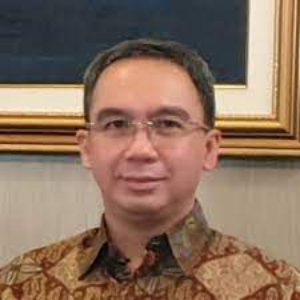Title : Electric boats for fisherman as a substitute for fuel oil on the Belitung island (Indonesia)
Abstract:
Fishermen are one of the types of livelihood that are commonly carried out by Indonesian people who live on the coast. Indonesia has the longest coastline in the world, so fishermen should have good welfare and healthy living patterns. However, in reality, most traditional fishermen in Indonesia have not experienced it, they still carry out fishing activities in an inefficient way, because they only follow the work patterns that have been done by their predecessors, far from the touch of technological advancements that have an impact on high operational and maintenance costs during fishing. This is due to the use of energy that is wasteful, such as fuel and limited fuel availability. This research tries to find solutions to overcome the problem, especially on the use of more efficient technology, so that it can reduce expenses and make fishermen healthier from pollution when catching fish. The research can support sustainable development goals (SDGs) programs number 7, 8, and 13, which are clean and affordable energy, combating climate change, and sustainable economic growth. To complete this research program, there are several stages, including observation to the research location, designing an electric boat (e-boat) system based on existing conventional ships, simulation, and laboratoryscale testing. Based on our survey conducted on Mendanau Island, there is a village consisting of 140 traditional fishermen. The income they earn is around 15 USD per day. This income should be deducting about 5 USD for feed and fuel cost (around 3 liters of fuel) The final income of this traditional fisherman is 10 USD per day. On average they can go sailing 20 days every month. In other words their average monthly income is 200 USD, still very low and far from sufficient. If they use an electric boat,there will be a reduction in fuel cost around 3 USD. It will be increase their income around 30%. In addition, it will also reduce emissions around 6.86 tCO2. The total emission that can be reduce if all 140 traditional fishermen use this electric boat is 19,208 tCO2. In conclusion this project will increase the income of traditional fishermen by 60 USD every month (30%) and reduce emissions by 137.2 tCO2.


